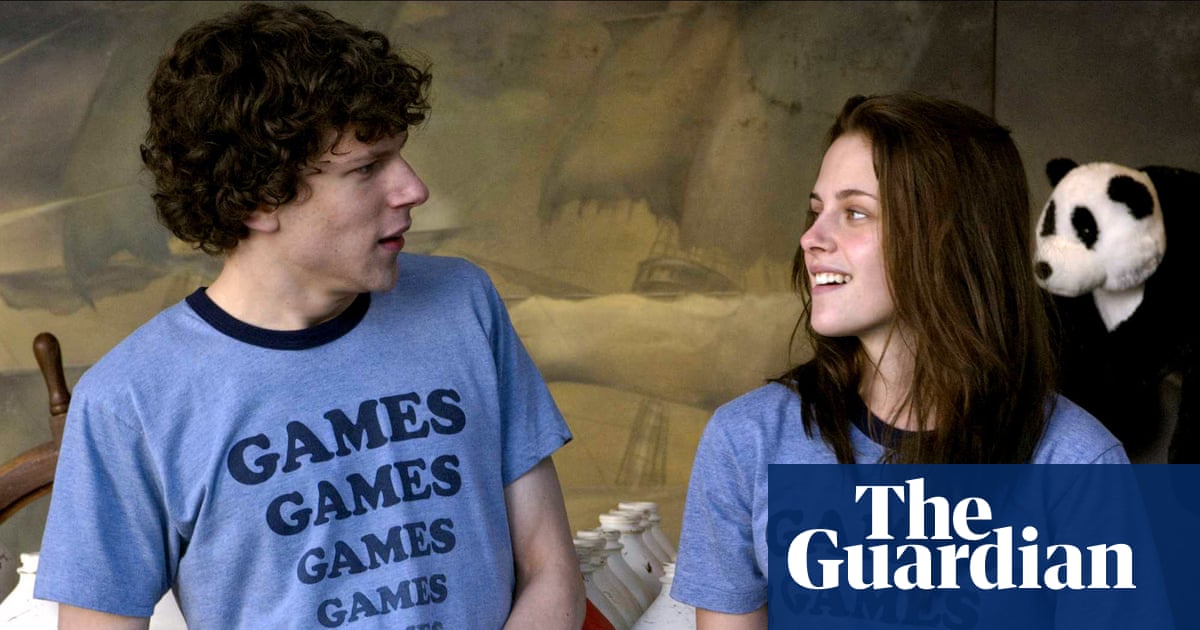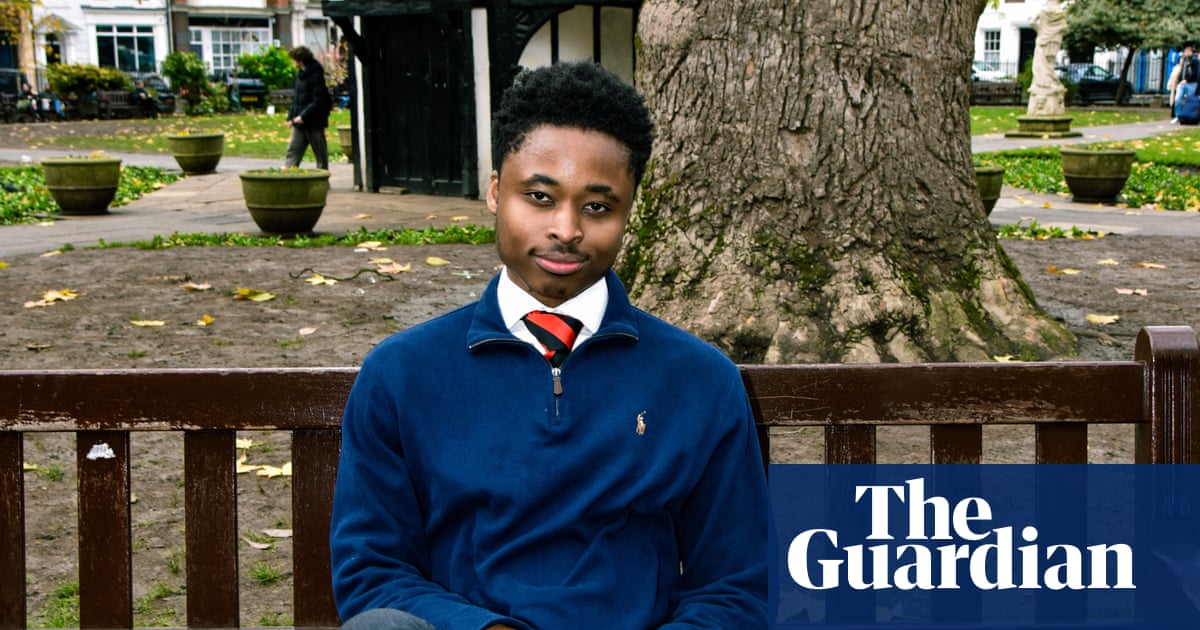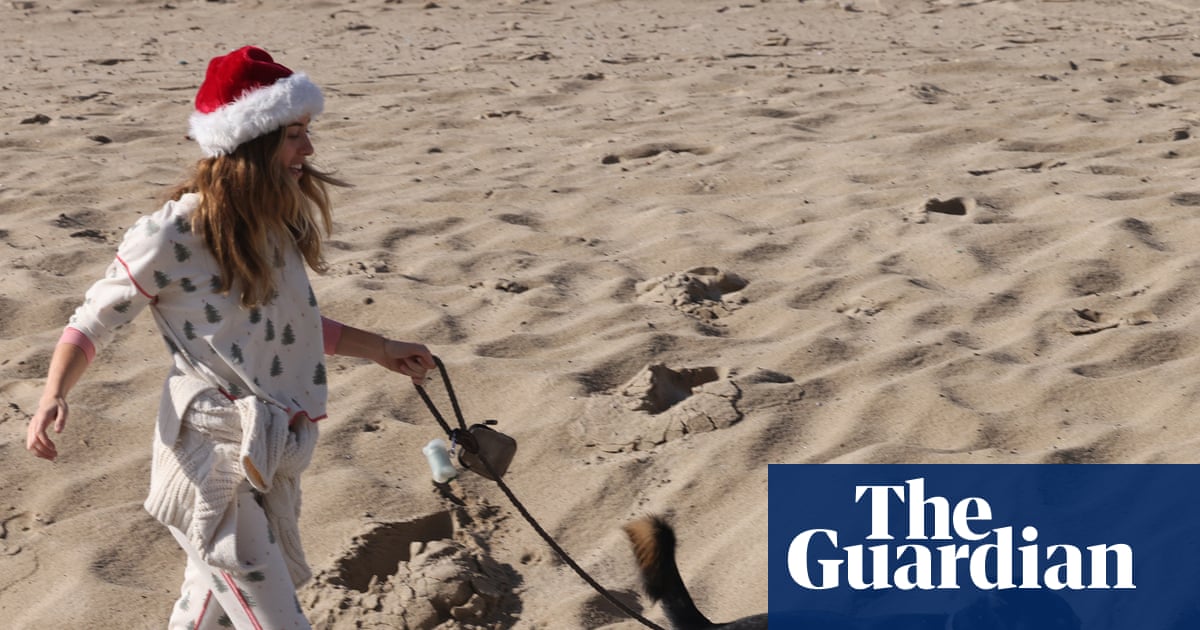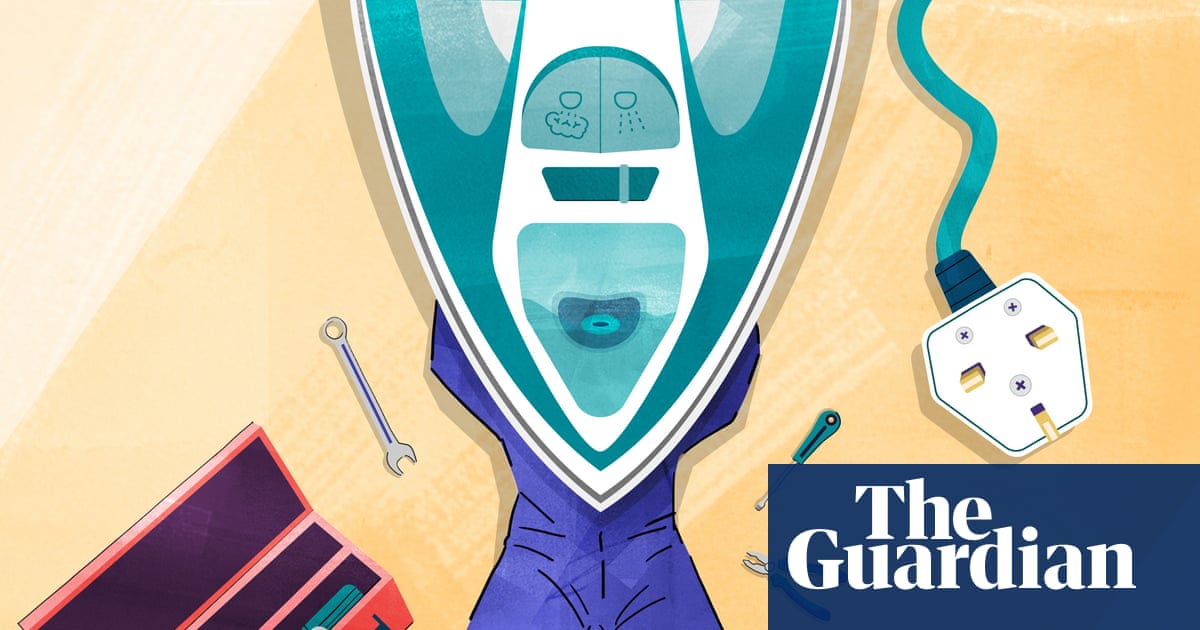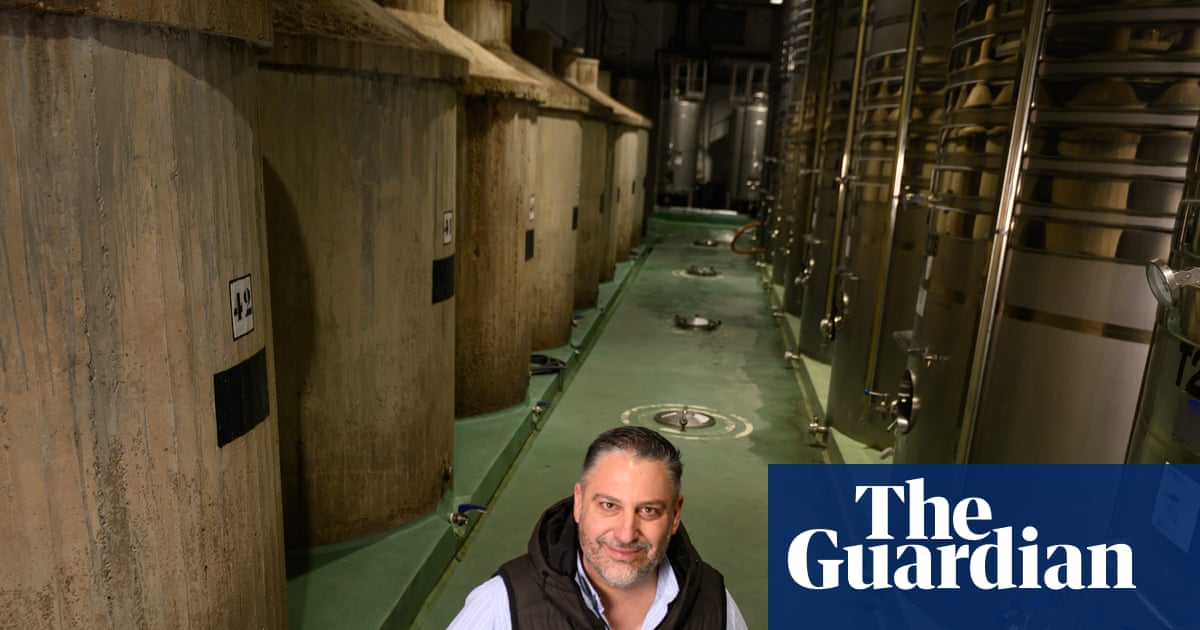Though criminally underpaid and disrespected, teachers are nonetheless held to rigidly high standards of care, compassion and rectitude. They are to be exemplary stewards of our children, while unflinchingly enduring the battering of parents, administrators and outside agitators. Which is why it’s often so compelling, in a dark and squirmy way, to watch them break bad on film.
We have, of course, seen plenty of ill-advised (or illegal) sexual relationships between teacher and student, in myriad movies and TV programs. Beyond that hoary trope, though, we’ve observed with alarm the drug-addled overstepping of Ryan Gosling in Half Nelson; we’ve been guiltily thrilled by the obsessive opportunism of The Kindergarten Teacher; we’ve pried nosily into the shifty criminality of Hugh Jackman in Bad Education. These stories all present a grimly alluring vision: carefully maintained professionalism giving way to baser impulse.
Now joining that club is Saoirse Ronan in Bad Apples, an alternately sinister and silly drama about a teacher who takes radical action to deal with a problem student. Ronan is Maria, a lonely and jilted educator living in a drably anonymous corner of the United Kingdom (the film was shot in Bristol). Whatever passion and zeal she once had – that trumpet-blare of higher calling – has faded in the face of an impossible obstacle. A boy, violent and disruptive tween Danny (Eddie Waller), essentially prevents Maria from focusing on any other child in her class. Her job has been reduced to little more than crowd control, which her superiors think she ought to do without assistance or complaint.
It’s a maddening, seemingly hopeless situation, one that director Jonatan Etzler effectively captures in all its clenching frustration. There is some empathy for the plight of teachers in there, but Bad Apples is ultimately not aiming to be a cri de cœur for woefully underappreciated and underresourced faculty. It is more concerned with creating a mood of wicked transgression than anything else.
Before long, a rash, messy crime brings Maria and Danny strangely closer to one another, while pushing her (and the film) further and further from the realm of credibility. Bad Apples, based on Rasmus Lindgren’s Swedish language novel De Oönskade (The Unwanted), is an attempt at can’t-believe-they-went-there satire. But Etzler and screenwriter Jess O’Kane stop short of anything truly shocking or dangerous.
Maria has certainly done a terrible thing, and yet the film surrounding her is wishy-washy about whether to condemn or abet her. It needn’t do either entirely – moral ambivalence is a fine pose for a movie like this to strike – but one longs for more conviction from Etzler, a bolder point of view or a more complicated argument that would elevate Bad Apples above mere half-hearted provocation. As is, the film limps around in a kind of no man’s land between easygoing and extreme.
Still, Etzler manages some nasty comedy, sourced from the bracing jolt of watching teacher and student cruelly manipulate one another. And he shows a sturdy technical command throughout; his closing shot is especially persuasive, a picture of society’s persistent imperfection charging headlong at a happy ending it’s determined to ruin.
What really sells the film, though, are its lead performances. Ronan, one of the more adaptable actors of her generation, shrewdly teases out the desperate anger rippling under Maria’s facade of calm. She’s at once sympathetic and a little frightening, keeping the audience uncertain about just how far Maria will go to preserve the tenuous balance she’s wrestled into being. If only the film-making rose to meet that level of nuance and unease.
As brutish, feral Danny, Waller knows just when to be awful – letting slip a glimpse of the monster that Danny might grow into – and when to reveal the hurting, neglected child he still is. It’s a delicate, disarmingly thoughtful debut performance. As is that of his young co-star Nia Brown, who plays Pauline, a teacher’s pet suck-up whose pigtail braids and cow-eyed, Coke-bottle gaze belie something ruthless and, perhaps, more menacing than any of Danny’s erratic rampaging.
Pauline is, in some ways, the true thematic heart of the film, a kid who has been far more warped by a struggling system than anyone realizes. One longs for the film to truly dial in on her, to allow her to put Bad Apples in her basket and carry it off into the woods, toward the bleak and baleful place a riskier, more exciting film might explore. We should all fear the Dannys of the world, but it’s the Paulines who tend to get us in the end.
-
Bad Apples is screening at the Toronto film festival and will be released at a later date

 3 months ago
49
3 months ago
49

